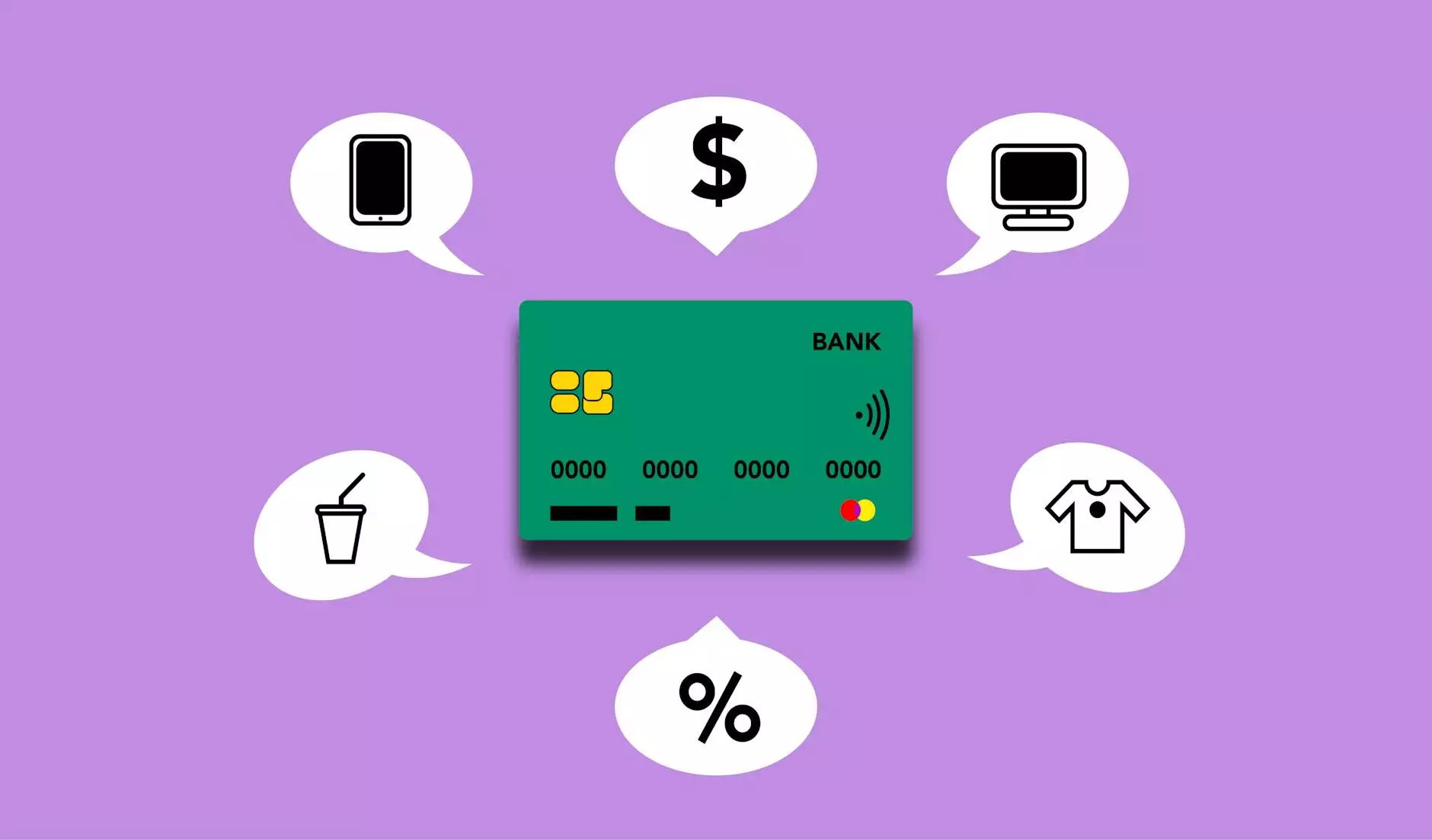Trucking Industry Embraces Contactless Delivery and Electronic Bills of Lading
Trucking Safety
Introduction
Welcome to the Law Office of Stanley E. Robison, Jr, your reliable source for legal insights and guidance in the trucking industry. In the current global pandemic, businesses across various sectors have had to adapt to unprecedented challenges. The trucking industry, in particular, has swiftly responded by embracing contactless delivery methods and electronic bills of lading.
Adapting to a New Normal
The COVID-19 pandemic continues to reshape the way industries operate. In the trucking industry, where efficient transportation is crucial for the economy, the need for contactless delivery has taken center stage. By implementing robust protocols and leveraging emerging technologies, trucking companies are focusing on minimizing physical interactions while ensuring seamless delivery operations.
Contactless Delivery: The Future of Trucking
Contactless delivery refers to the process of delivering goods with minimal or no direct physical contact between the driver and the recipient. This method not only reduces the risk of virus transmission but also increases operational efficiency. Trucking companies have started adopting various strategies to facilitate contactless delivery:
- Automation: Integrating automated systems for loading and unloading goods, minimizing the need for manual handling.
- Parcel Lockers: Implementing secure lockers where recipients can pick up their packages without any face-to-face interaction.
- Mobile Apps: Developing user-friendly mobile applications that enable real-time tracking, digital signatures, and contactless payment options.
- Robotics: Utilizing robotics technology for sorting packages and optimizing delivery routes.
The Law Office of Stanley E. Robison, Jr understands the legal implications and challenges associated with contactless delivery adoption. Our experienced team is adept at navigating the complex regulations and can assist you in ensuring compliance while optimizing your operations for the future.
The Rise of Electronic Bills of Lading
In addition to contactless delivery, the trucking industry is quickly embracing electronic bills of lading (eBOLs). Traditionally, bills of lading have been paper documents used to confirm the receipt and transportation of goods. However, the adoption of eBOLs has numerous advantages:
- Reduced Paperwork: eBOLs eliminate the need for printing, copying, and physical storage, streamlining document management.
- Improved Efficiency: Electronic documentation reduces manual errors and enables faster processing and verification of information.
- Enhanced Accessibility: eBOLs can be easily accessed and shared electronically, facilitating seamless collaboration among stakeholders.
- Real-Time Updates: Digital bills of lading enable real-time tracking of shipments, providing valuable insights into supply chain operations.
At the Law Office of Stanley E. Robison, Jr, we stay up-to-date with the latest developments in electronic documentation and have extensive experience in advising clients on the legal aspects of eBOL implementation. Our team can help you navigate the legal landscape, ensuring compliance with industry regulations and safeguarding your business interests.
Conclusion
The trucking industry is embracing contactless delivery and electronic bills of lading as crucial solutions during these challenging times. To navigate through the legal complexities associated with these advancements, partner with the Law Office of Stanley E. Robison, Jr. Our expert legal team is dedicated to providing comprehensive guidance tailored to the unique needs of the trucking industry.
Ensure your company remains at the forefront of the industry's transformation by embracing contactless delivery and adopting electronic bills of lading. Contact the Law Office of Stanley E. Robison, Jr today to explore how we can assist you in optimizing your operations while staying compliant with relevant laws and regulations.




